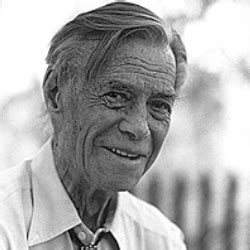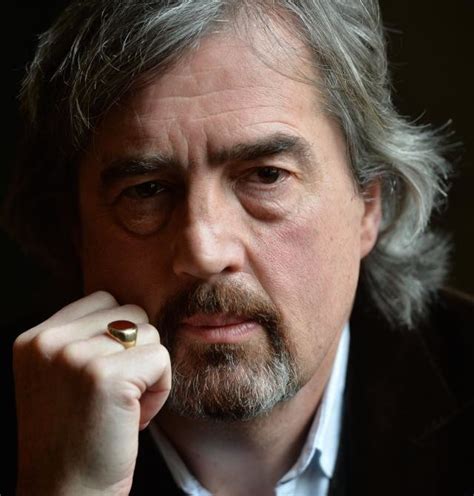A Quote by T. S. Eliot
If all time is eternally present, all time is unredeemable
Related Quotes
Time is not a linear flow, as we think it is, into past, present, and future. Time is an indivisible whole, a great pool in which all events are eternally embodied and still have their meaningful flash of supernormal or extra - sensory perception, and glimpse of something that happened long ago in our linear time.
Memory is therefore, neither Perception nor Conception, but a state or affection of one of these, conditioned by lapse of time. As already observed, there is no such thing as memory of the present while present, for the present is object only of perception, and the future, of expectation, but the object of memory is the past. All memory, therefore, implies a time elapsed; consequently only those animals which perceive time remember, and the organ whereby they perceive time is also that whereby they remember.
Consider the word “time.” We use so many phrases with it. Pass time. Waste time. Kill time. Lose time. In good time. About time. Take your time. Save time. A long time. Right on time. Out of time. Mind the time. Be on time. Spare time. Keep time. Stall for time. There are as many expressions with “time” as there are minutes in a day. But once, there was no word for it at all. Because no one was counting. Then Dor began. And everything changed.





































